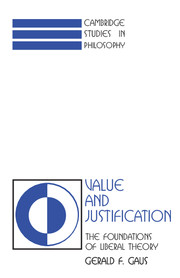Summary
The previous chapter advanced an analysis of valuing. Valuing, I argued, can be understood as a dispositional emotion. To value something (intrinsically) is to possess a dispositional emotion toward it; to value it purely derivatively is to have a reason to preserve, protect, promote it (and so forth) based upon such an emotion. Like hedonism, then, the Affective-Cognitive Theory rests the theory of value on our affective natures. This distinguishes my account from most contemporary theories of value, which place desire at the heart of valuing and valuableness. But the Affective-Cognitive Theory departs from hedonism in two fundamental ways: the feeling states on which my analysis lies are generally intentional; and affect is employed to explain valuing rather than, directly, valuableness. It is now time to turn to the analysis of valuableness.
One of the main claims of the Affective-Cognitive Theory of value is that the analysis of valuing provides the best foundation for explicating the notion of a value judgment – a judgment concerning the valuableness of an object. This separates the Affective-Cognitive Theory not only from hedonism but from “objective” accounts of value that take the property of “valuableness” as their point of departure. In short, the Affective-Cognitive Theory claims that the analysis of value judgments is best based on the account of valuing, not vice versa. The aim of this chapter is twofold: to present this account of value judgments and show how it is superior to theories that begin with the claim that valuableness is a property of objects.
- Type
- Chapter
- Information
- Value and JustificationThe Foundations of Liberal Theory, pp. 145 - 203Publisher: Cambridge University PressPrint publication year: 1990

